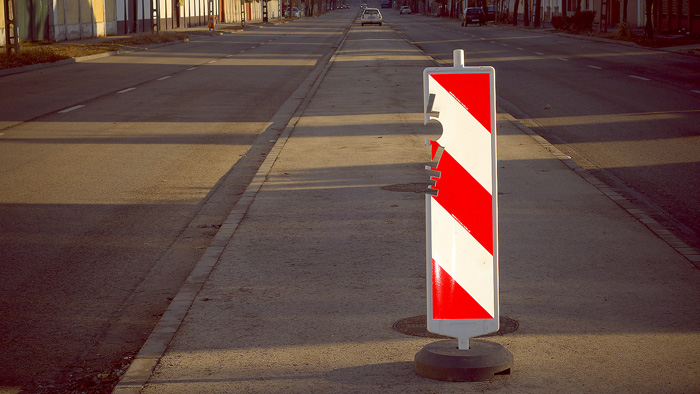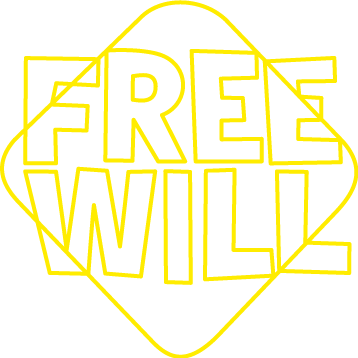| Magyarul | home | exhibition | infographic | text | werk | blog | Koronczi Endre | INDA Gallery | thanks | ||||||||||



Exhibition of Endre Koronczi The existence of the classical idea of freedom has obviously become the subject of an increasing incredulity, and for the individual, the field where it could come to fruition to a small degree is decreasing. Endre Koronczi's exhibition expresses the same incredulity, yet it outlines the territory where we can still find a seemingly solid form of freedom that can certainly be called the artist's free choice (of profession), manifest itself in the artist's free will, focuses on the art object and is attained through the lonely practice of realization. |
||
 |
||
The current exhibition of the INDA Gallery fits into Hard to ask...1, which examined primarily the instantly transforming and rearranging concept of love, present in all our actions, whimsical and perseverant at the same time. Koronczi now raises questions through the adjacency and repugnance of the sets destiny - free will - love that he visualizes with the help of physically reproduced words and forces us to reflect on the real meaning of these concepts. The artist chose general concepts that we face every day but we do not necessarily contemplate. Koronczi sets the theme, but we raise our own questions. Do we really put our head in the yoke of Love voluntarily, if by any means do we not give in to the almost uncircumscribable Lust? We constantly feel the permanent control of Power, but what is the nature of our relation to Ideology? Do God and Reason ever meet and do we meet them? Can Religion substitute for Psychology in our present, or will it remain an instrument of Politics forever? Science, religion and philosophy formulate specific, powerful and distinct answers in their own fields, but how do our own concepts relate to them? Imre Garaczi, professor of philosophy in Veszprém, collects the fundamental points of the theories about liberty in a study, and quotes Hannah Arendt (1906, Hanover - 1975, New York) - the presently very popular, rehabilitated German philosopher -, a recurring pivotal figure: Garaczi quotes Aristotle: "...freedom is when everyone lives as he wants." Philosophers from the ancients to the mediaeval Saint Augustine ignored the freedom of action in the political, i.e., the social context. Isaiah Berlin distinguishes two concepts of liberty: external and internal. The first one is negative and depends on the external political environment, while the second one is positive and refers to the individual. Similarly, in literature freedom is a recurring theme. Michel Houellebecq, author of the bestseller The Map and the Territory - popular deservedly in highbrow circles -, condensed his idea of freedom into a simple, everyday situation. This quote raises problems about the various types of freedom that clash with one another: the freedom of having children considerably restricts the parent's and individual's freedom and right for free will and peace, while discipline restricts the child's right to express his or her own free will: Without a doubt, the audience of the exhibition does not immediately think that the traffic signal in the invitation card, or a guide post, a reflective waistcoat, a plain protective helmet could have anything to do with the philosophy of freedom. Yet the relationship is rather obvious, since these everyday tools restrict the free will of the individual, and easily guide us through this philosophical thesis while they also happen to guarantee our own safety and health. At the same time we get entangled in an irresolvable contradiction: what could our free will possibly have to do with a binding rule? Brigitta Muladi 2 In: Hannah Arendt: Múlt és jövő között. Nyolc gyakorlat a politikai gondolkodás terén. Osiris Kiadó - Readers International, Budapest, 1995, page 151, Hungarian translation by Magdolna Módos |
||

copyright: Koronczi |
||